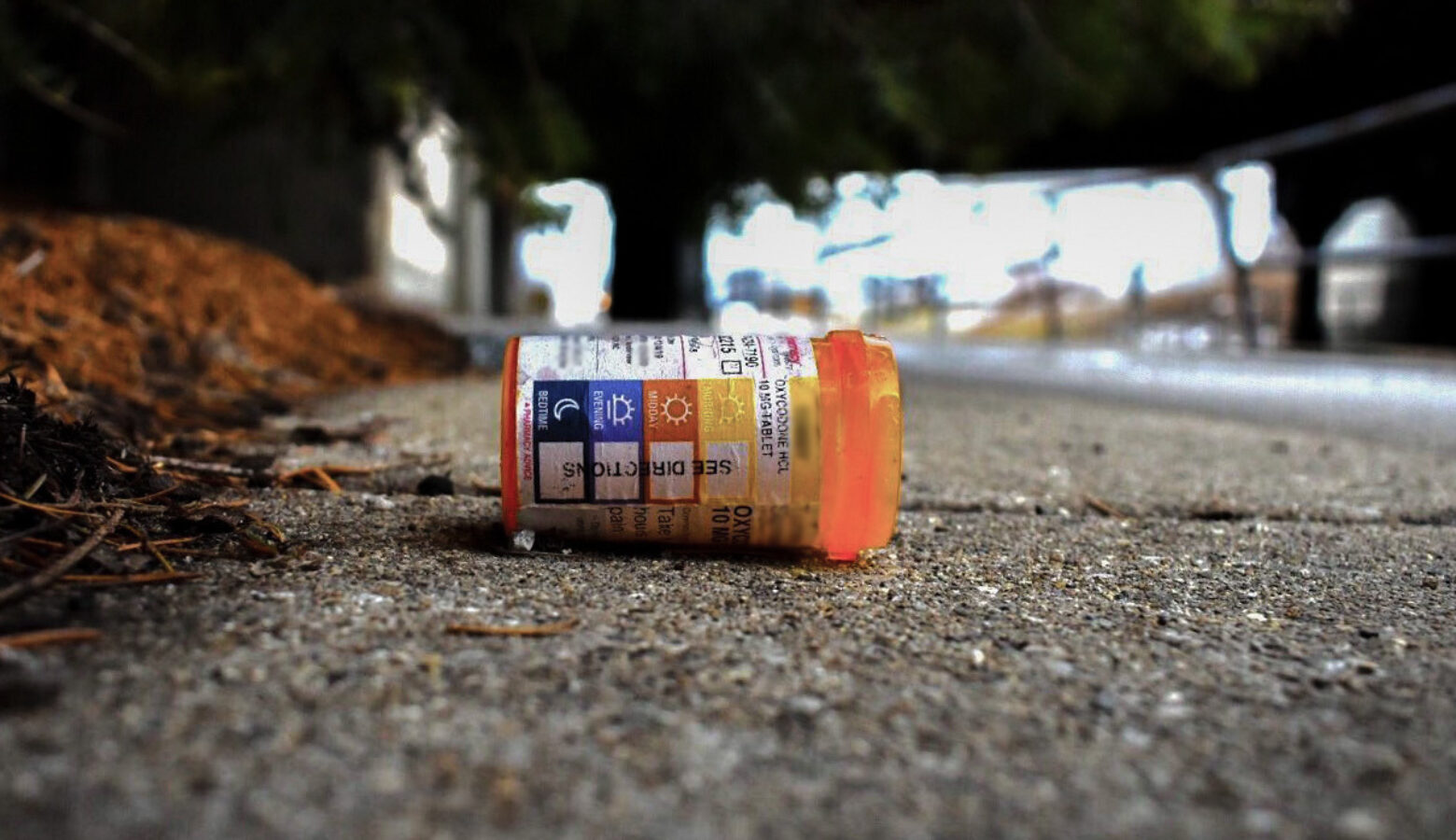Statewide program trains Indiana schools to spot drug overdoses, use naloxone

Drug overdose prevention advocates want to combat misinformation and the negative stigma surrounding the use of naloxone, an overdose-reversal drug. Since last June, almost 90 school districts across the state have participated in a program that teaches school staff how to identify drug overdoses and administer naloxone.
Cameron McNeely is director of youth education at the nonprofit Overdose Lifeline, one of the organizations that partnered to create the School Naloxone and Emergency Preparedness Project.
He said they’ve trained more than 500 school nurses, teachers, administrators, staff and law enforcement officers in the program’s first year. McNeely said it is important for everyone to be able to identify a drug overdose and to know how to administer naloxone.
“The school staff, the nurses, the admins, they’re gonna be the first ones to see those overdoses if they do happen,” he said. “And so we need to have them trained and not just rely on these outside organizations, because at the end of day, you know, we’re running low on time.”
McNeely said a small amount of time can be the difference between life or death.
“If they can intervene first before the EMTs even get there, that pretty significantly increases the odds of that person surviving that overdose,” he said.
Overdose Lifeline and CareSource partnered to ensure schools could receive the training and naloxone free of charge. McNeely said the training lasts about an hour and a half. It describes addiction as a disease, lists risk factors and goes over opioid overdose trends.
“At the end, we will actually train them on how to administer naloxone and recognize the signs of an overdose,” McNeeley said. “That’s really the most important takeaway at the end of day probably, is recognizing the signs of an overdose. Because when an overdose happens, the most important thing we have is time.”
Kyle Fessler, deputy human resource officer at the Metropolitan School District of Wayne Township, said many of the staff there have been trained to identify a drug overdose and use naloxone.
He said all administrators, nurses, at least two custodians, front office staff, coaches, and athletic trainers have all taken the overdose preparedness training.
“What we learn from our training is that any counterfeit drugs, there’s almost a 60 percent chance they contain fentanyl. And fentanyl, even small doses, can cause someone to overdose and die,” he said. “And so with the rise in not just prescription medications … but those counterfeit pills that kids could easily pass around at school, we want to be ready in the event that that does happen, that someone does take something they think is maybe a benign medication, but it contains fentanyl that’s going to affect them or send them into an overdose.”
Join the conversation and sign up for the Indiana Two-Way. Text “Indiana” to 73224. Your comments and questions in response to our weekly text help us find the answers you need on statewide issues.
Fessler said in addition to teaching staff how to use naloxone, the training also addressed misconceptions that using it enables drug abuse.
“Just like someone with a heart condition, we wouldn’t hesitate to administer CPR. So why would we hesitate to use Naloxone to help people who are in an overdose situation?” he said.
Overdose Lifeline provides schools with naloxone nasal spray. Fessler said it was helpful to learn that naloxone is harmless to people who are not overdosing, so there is no liability for administering the drug. He said some staff members who received the training carry naloxone with them all the time, just in case.
He added that naloxone is not just a safety measure for students and staff. Naloxone and proper training could save a parent picking up their child from school, a spectator at a sporting event or another member of the community.
“This training is lifesaving,” Fessler said.
Kirsten is our education reporter. Contact her at kadair@wfyi.org or follow her on Twitter at @kirsten_adair.

